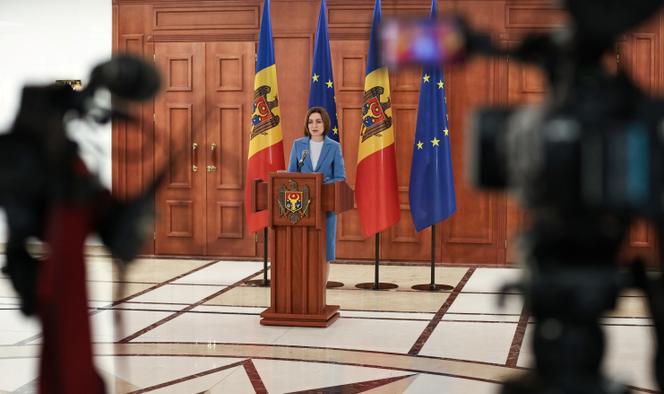


By winning 55 out of 101 seats in the Moldovan parliament on Sunday, September 28, the pro-European President Maia Sandu's Party of Action and Solidarity (PAS) defied all predictions, despite unprecedented Russian meddling. The result brought considerable relief to PAS supporters, especially since its leaders had stated they would not form a coalition without an outright majority: the Patriotic Electoral Bloc (26 seats) is openly sympathetic to Moscow; the Alternative Bloc (eight seats), led by Chisinau mayor Ion Ceban, includes figures from former pro-Russian parties; and both Our Party and the Democracy at Home Party (six seats each) run on populist, anti-establishment platforms diametrically opposed to PAS.
"PAS won because it succeeded in mobilizing voters around the idea that this election was existential in the face of the 'Russian threat'," explained political scientist Ion Tabarta. "It presented itself as the only option to continue Moldova's European path," said Tabarta, referring to the former Soviet republic of 2.6 million people, which has been a candidate for European Union membership since 2022. Sandu's public image also worked in PAS's favor. "Even though she is no longer in parliament, she is directly associated with it," the analyst added, arguing that without the figure of the head of state, PAS – whose record on economic and welfare issues is not stellar – would not have achieved such success. "Maia Sandu has the image of an incorruptible leader who relentlessly fought against oligarchs and also enjoys international popularity," he said.
You have 63.33% of this article left to read. The rest is for subscribers only.
